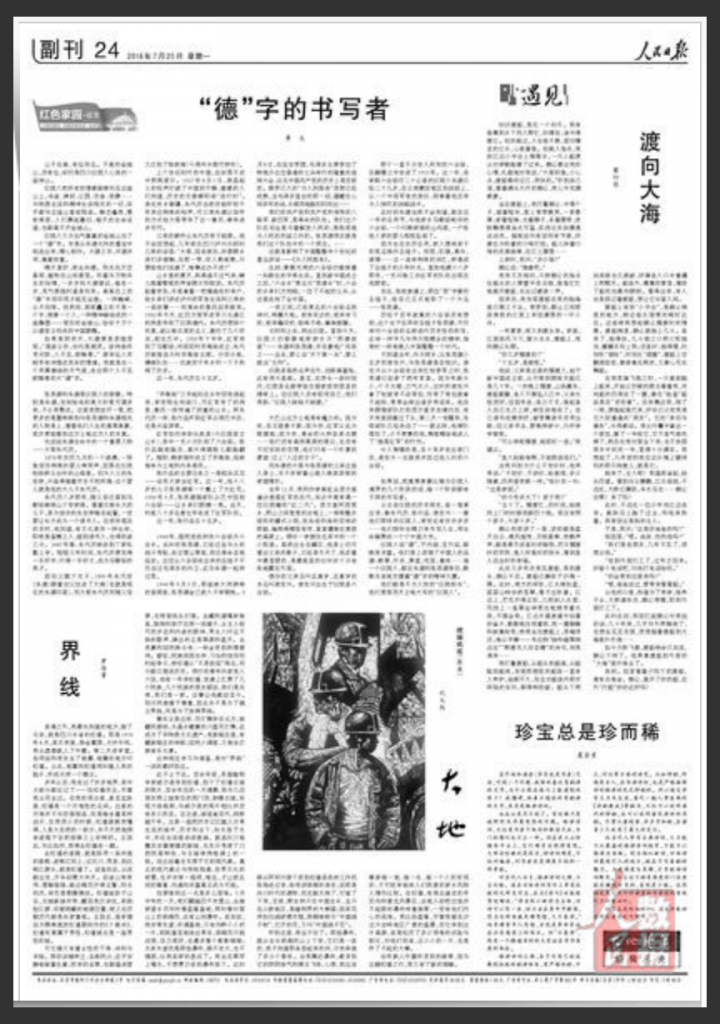Second-generation Reds 红二代
From their very first days in the classroom, this generation of children were taught to shout, “Long live Mao Zedong!” Steeped in the politics of class struggle, many of these youth also became red guards mobilized at the outset of the Cultural Revolution. In a report ahead of the 90th anniversary of the Chinese Communist Party in 2011, Guangzhou’s Yangcheng Evening News reported that at least 30 prominent people might be characterized as “second-generation reds” – including Zhou Binghe (周秉和), the nephew of Zhou Enlai (周恩来), the first premier of the People’s Republic of China and Hu Deping (胡德平), the son of former premier Hu Yaobang (胡耀邦). However, the term can be applied to any son or daughter of a Party leader, local or national, serving before or during the Cultural Revolution.
While the term, which emerged in the 1990s, has been used more readily online, it is rarely ever found in the traditional Party media. It has appeared just twice in the CCP’s official People’s Daily newspaper (to March 2021), both times in the Xi era. The first was an article on July 25, 2016, written by Zhang Fu (章夫), a member of the All-China Writers Association. In it, Zhang said: “Last November, I went with writer Gao Hong to visit the descendants of the Red Army in Zoige County, and I was lucky enough to meet a ‘second-generation red’ from Yilong during the interview.”
In an article in the paper just a few days later, He Jiesheng (贺捷生), PLA general and the daughter of revolutionary and commander He Long (贺龙), wrote in the paper: “When I arrived in Chengdu, I was greeted by such second-generation reds as the daughters of my cousin, [Red Army commander] He Wendai (贺文岱) — He Nanan (贺南南), He Jinnan (贺锦南) and He Rongnan (贺蓉南) — and also the sons of my father’s favourite general He Bingyan (贺炳炎), He Leisheng (贺雷生) and He Lingsheng (贺陵生), and many other third-generation reds whose names I could and couldn’t say. All were smiling.”
